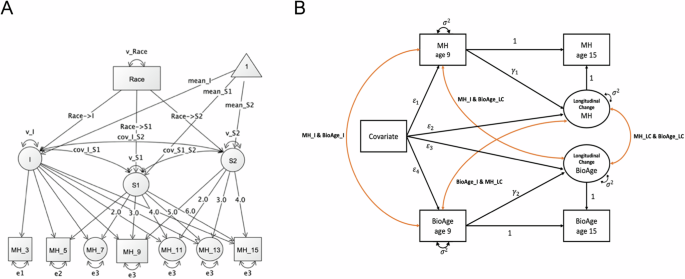Priority Health is actively working to combat the rising rates of childhood anxiety, a pressing issue highlighted by recent statistics. According to a national survey, anxiety among 18–25-year-olds surged by 139% since 2010, while one in five adolescents aged 12-17 is diagnosed with a mental or behavioral health condition. Millennials also experience increased anxiety, with rates climbing 103% during the same period.
In his book, “The Anxious Generation,” Jonathan Haidt reveals that today’s youth face mental health challenges 17 times more frequently than baby boomers and nearly three times more than Generation X. Dr. Charletta Dennis, psychiatrist and medical director of behavioral health at Priority Health, cites a CDC study indicating a 57% increase in suicide rates among children aged 10-25 since 2009.
Dr. Dennis emphasizes the need to understand what has changed for this younger generation. She identifies two primary factors contributing to the mental health crisis: excessive screen time and overprotective parenting styles, often referred to as helicopter parenting. She notes that the rise of technology in the late 1990s, while initially embraced, has brought about negative consequences.
“If young people spend eight hours a day in front of screens, they miss out on essential activities like playing outside, engaging in sports, and developing social skills,” Dr. Dennis explains. The lack of unstructured playtime limits their opportunities to engage with peers and build resilience.
Additionally, the trend of helicopter parenting can hinder children’s ability to take responsibility and learn from their mistakes. Dr. Dennis points out that when children are overly sheltered, they may struggle with independence and decision-making as they mature. This overprotection, combined with the pressures of social media—such as cyberbullying and constant comparison—can lead to heightened anxiety and depression. Excessive social media use before bedtime can further disrupt sleep and exacerbate mental health issues.
Dr. Dennis argues that while parents may be rightly concerned about their children’s digital presence, they often fail to provide adequate support in the real world. “Parents underestimate what children can handle in terms of responsibility and overestimate the harm of digital interactions,” she says.
To help children build confidence and resilience, Dr. Dennis proposes several strategies for parents: 1. Limit smartphone access until high school to protect developing brains from the negative effects of social media. 2. Provide a basic flip phone without internet access for safety. 3. Implement phone-free schools to encourage in-person relationships and focus on learning. 4. Encourage independence and free play to foster exploration and responsibility, which are crucial for healthy development.
As part of her efforts to support children’s mental health, Dr. Dennis co-authored a new children’s book titled “Frida’s Fireworks,” alongside Nikki Brown, Ph.D., executive director of Canines for Change. The book follows a creative five-year-old girl named Frida as she navigates her emotions, particularly anxiety, on her first day of kindergarten. The story introduces the 1-2-3 technique for calming anxiety through sensory focus and highlights self-regulation through Frida’s bond with Scout, a facility dog who provides comfort and companionship.
Dr. Dennis acknowledges that parents today are more open to addressing mental health issues compared to previous generations, reducing stigma and fostering discussions. “We are all talking about it and finding ways to help these kids,” she says.
“Frida’s Fireworks” is part of Priority Health’s Priority Pups® program, which has already placed facility dogs in two West Michigan elementary schools, with plans to expand to three more schools in Southeast Michigan.
Looking ahead, Dr. Dennis expresses optimism for Generation Alpha, the cohort born since 2010. She believes that awareness of the negative impacts of social media can lead to more proactive measures for healthier child development. “We can intervene and take steps to mitigate the influence of digital culture so children can grow up with the same resilience their parents and grandparents had,” she states.



